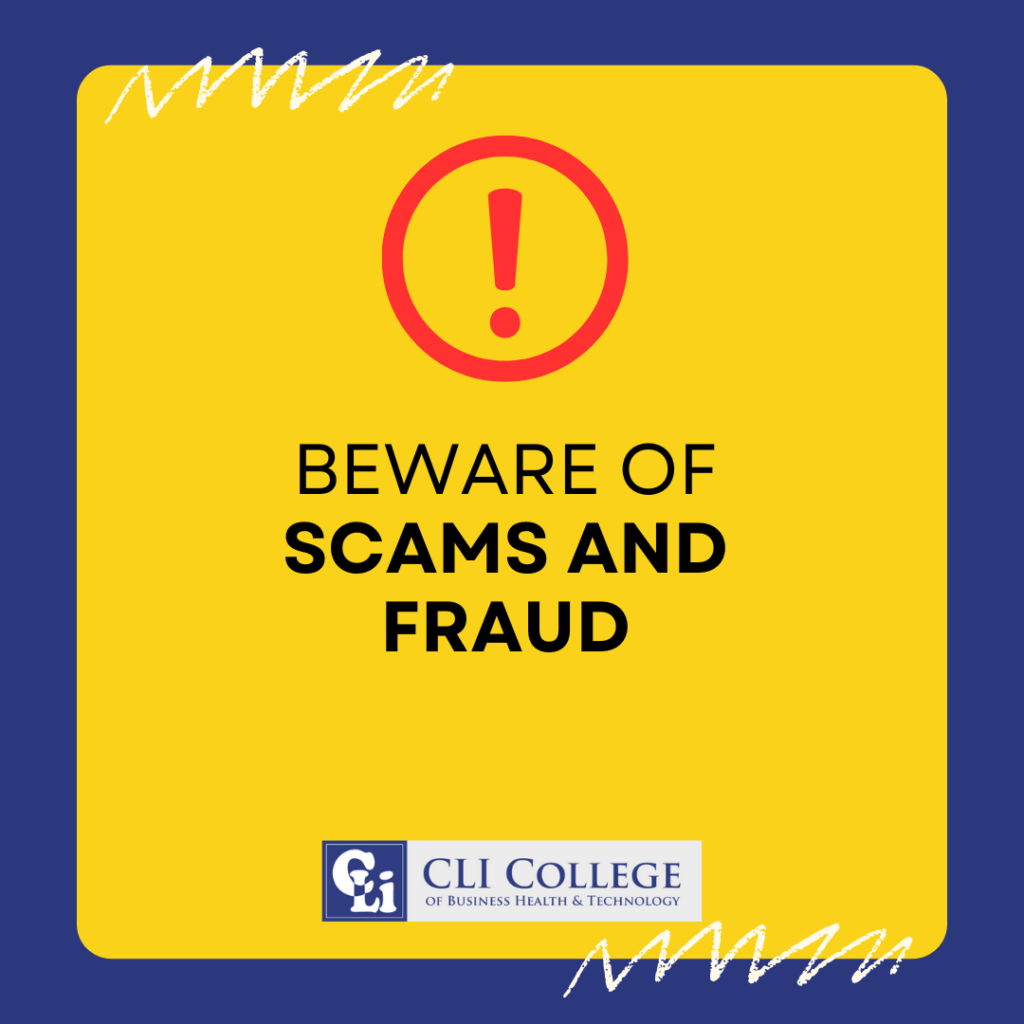Scams targeting OSAP recipients often involve requests for upfront fees, promises of loan forgiveness or quick money, and demands for payment via unusual methods like cryptocurrency or gift cards. Be wary of unsolicited communications and never share personal or financial information unless you initiate the contact.
Here’s a more detailed breakdown of common OSAP-related scams and how to identify them:
Types of Scams:
- Scholarship/Grant Scams: Scammers may claim they can help you get scholarships or grants, but only if you pay them a fee upfront.
- Loan Forgiveness/Repayment Scams: They might offer to forgive your student loan debt or help with repayment, but again, they’ll likely ask for money or personal information.
- Tuition Payment Scams: Scammers may claim to offer tuition payment support or reductions, but these are often too good to be true.
- Phishing Scams: Beware of emails that appear to be from OSAP or the National Student Loans Service Centre (NSLSC) asking for personal or financial information. Legitimate organizations will never ask for this information via email.
Red Flags to Watch Out For:
- Demanding Immediate Payment: Legitimate organizations will not pressure you to pay upfront or make immediate payments.
- Requesting Payment with Unusual Methods: Be wary of requests for payment via cryptocurrency, gift cards, or other unusual methods.
- Using Threatening Language: If someone is using threatening language or making you feel pressured, it’s likely a scam.
- Asking for Personal or Financial Information: Never share your SIN, bank account details, or other sensitive information unless you initiated the contact and are certain of the source.
- Unsolicited Contact: If someone contacts you offering to help with OSAP or student loans, be cautious and verify their identity before sharing any information.
- Promising Unrealistic Results: If someone promises you a large amount of money or loan forgiveness with minimal effort, it’s likely a scam.
- Asking for Upfront Fees: Legitimate organizations do not charge upfront fees for their services.
- Urgent Timelines: Scammers often use urgency and high-pressure tactics to get you to act quickly.
How to Protect Yourself:
- Verify the Source: Always check the legitimacy of any communication or website before sharing personal information.
- Never Share Sensitive Information: Do not share your SIN, bank account details, or other sensitive information unless you initiated the contact and are certain of the source.
- Report Suspicious Activity: If you suspect a scam, report it to the appropriate authorities.
- Contact the NSLSC Directly: If you have any questions about your OSAP or student loan, contact the National Student Loans Service Centre directly through their official website or phone number.
- Be Cautious of Unsolicited Offers: Be wary of unsolicited emails, phone calls, or messages offering help with OSAP or student loans.
- Don’t Open Suspicious Attachments or Click on Links: If you receive an email or message from an unknown sender, don’t open any attachments or click on any links.
- Use Secure Websites: When accessing online services, make sure you are on a secure website (HTTPS).
- Check for the Secure Symbol: Look for the secure symbol (a closed padlock or unbroken key icon) at the bottom right corner of your browser window.
